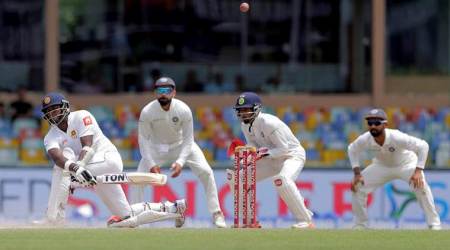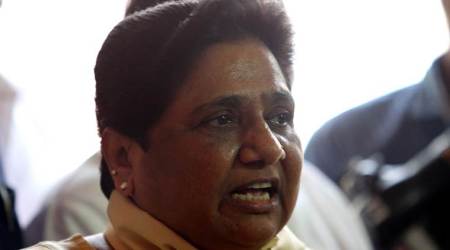 The RTE’s provisions regarding the upgrading of school infrastructure and increase in the teacher-student ratio — that would have created an enabling environment for the NDP — were given a short shrift.
The RTE’s provisions regarding the upgrading of school infrastructure and increase in the teacher-student ratio — that would have created an enabling environment for the NDP — were given a short shrift.
The government’s decision to scrap the no-detention policy (NDP) will weaken the Right to Free and Compulsory Education (RTE) Act, 2009, substantially. The policy to promote students automatically to higher classes every year till Class VIII was instituted to check the high number of dropouts, especially among the socially and economically disadvantaged sections. But 25 states raised objections against the NDP, citing it as a reason for high failure and drop-outs in Classes IX and X. The Central Advisory Board of Education (CABE) has also thrown its weight behind the naysayers.
But the government has not undertaken a serious analysis of what went wrong, and why. The policy was never meant to be a standalone measure. A number of educationists have argued that the NDP was wrongly interpreted to create an environment in which the significance of evaluating a school-goer’s learning outcomes was undermined. Continuous Comprehensive Evaluation (CCE), that aimed to assess the child’s understanding of what was being taught in class at periodic intervals, proved to be a non-starter in many, if not most, schools.
The already overloaded teachers were not given adequate training to undertake this reform. They had no idea of what was to be evaluated, and how. In several schools, CCE was reduced to “project work”, which parents resented. The RTE’s provisions regarding the upgrading of school infrastructure and increase in the teacher-student ratio — that would have created an enabling environment for the NDP — were given a short shrift.
According to the District Information System for Education — a database developed by the National University for Educational Planning and Administration, Delhi — less than 10 per cent of the schools in the country are fully compliant with the RTE’s requirements on infrastructure and teacher availability. In fact, about 8 per cent primary schools have just one teacher.
The RTE demanded creative solutions. NDP and CCE, for example, required sharper policy focus on the already fraught issue of teacher training. Policymakers and education experts should have had continuous engagements with teachers to clarify these concepts to them. As it jettisons them now, the government needs to ask itself: Will detaining children whose academic results are poor improve learning outcomes and arrest the drop-out rate in schools?
There is now a substantial body of scholarly work that throws light on the ways in which the examination system stresses students and skews the field in favour of the privileged who can afford teaching aids outside the school. The move to scrap the NDP will make the RTE’s goal of inclusive education a very difficult one. The government should rethink the move — and create enabling conditions for the no-detention policy to succeed.







